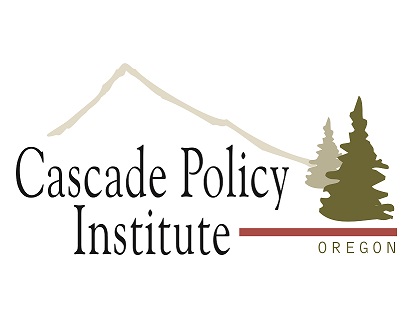

There was a time when large national banks were considered more stable and reliable than local financial institutions, but that is not always the case anymore. With a string of blockbuster acquisitions transforming the banking landscape, a huge share of American consumer deposits are now consolidated in three banking giants: Citigroup, Bank of America and JPMorgan Chase. Consumers today are feeling uncomfortable about these big banks and have started shopping around for alternatives—like local credit unions.
In Oregon, credit unions like OnPoint and Unitus are seeing an unprecedented increase in new deposits. The most obvious reason for this is the recent financial crisis that has hit Washington Mutual, a Seattle-based bank with deep roots in the Northwest. This has made bank account holders nervous and is making them consider diversifying their savings. People increasingly trust credit unions because credit unions avoided the subprime mortgage crisis and remained profitable even as other sectors of the financial industry staggered. Credit unions say they were able to do this because they maintained strict and conservative underwriting practices, despite trends in the rest of the industry. Many smaller credit unions refrained from writing mortgages altogether.
The big lesson to be learned is that what saved the credit unions today ultimately could save investors and consumers tomorrow: prudence and vigilance in dealing with finances.
© 2008, Cascade Policy Institute. All rights reserved. Permission to reprint in whole or in part is hereby granted, provided the author and Cascade Policy Institute are cited. Contact Cascade at (503) 242-0900 to arrange print or broadcast interviews on this topic. For more topics visit the QuickPoint! archive.











